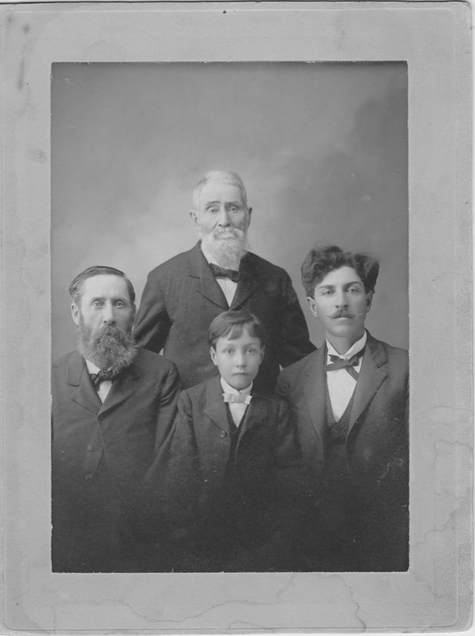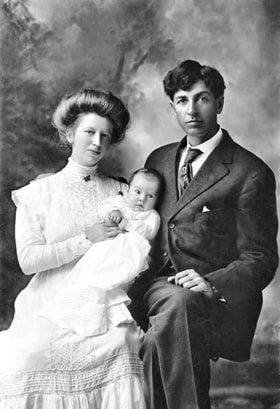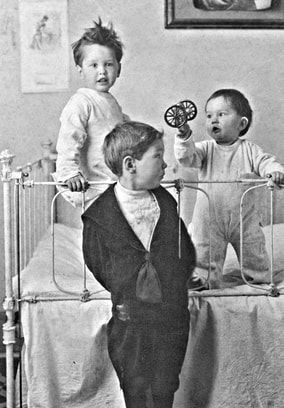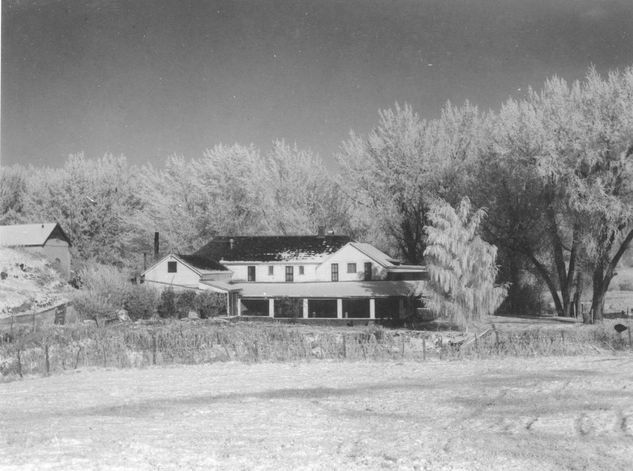Real life stories of the American West
|
THE KEMPTONS, a series of three books, originates from four years of detailed research into a vast collection of true stories, artifacts, photographs, historical records, diaries, papers, and interviews into the lives and times of the Kempton family.
The characters are real, and the ranch and hotel still exist in the small town of Terry, in eastern Montana. The stories are the authentic and compelling accounts of a family, but of even greater importance, they are a glimpse into our country's history, the exploration and early settlement of the American West. These books appeal to anyone who likes a good read about overcoming adversity, the westward movement, cowboys and Indians, horses and cattle- all the charisma of the open range of the Wild West. The grit, endurance, and basic goodness of these early pioneers, will warm you heart, inspire you, and even make you cry. You will not forget the Kempton family. |





